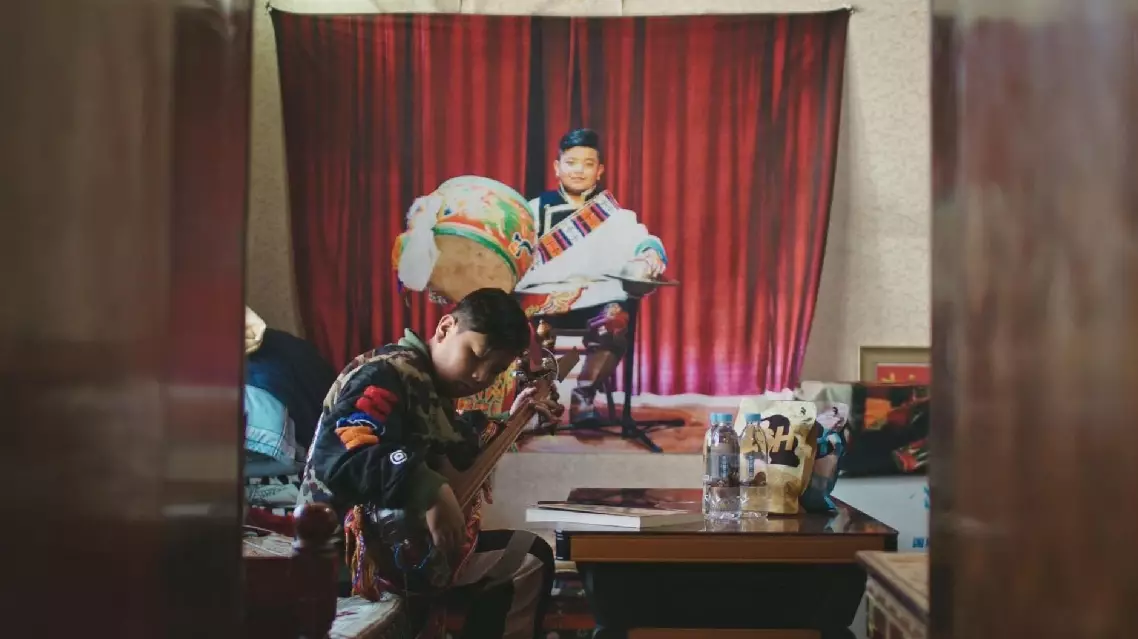The death toll from Israeli airstrikes on Lebanon since the beginning of the Israeli-Hezbollah conflict in last October had reached 2,986, with injuries rising to13,402, the Lebanese Health Ministry said on Sunday.
Eighteen people were killed and 83 others injured on Sunday in Israeli attacks on Lebanon, said the ministry.
The United Nations Office for the Coordination of Humanitarian Affairs (OCHA) said in its latest report that due to Israel's continued air strikes and bombings, the humanitarian situation in Lebanon today is more severe than it was in 2006, when a major conflict between Lebanon and Israel broke out.
Imran Riza, who served as the United Nations Special Coordinator for Lebanon (UNSCOL), condemned attacks against civilians and infrastructure, and called on all parties to the conflict to immediately cease hostilities and protect the people.
The OCHA said in its report that the Israeli army had repeatedly asked people in Baalbek in eastern Lebanon, Nabatieh in the south, and the southern suburbs of the capital Beirut to evacuate, before launching airstrikes on these areas.
As key infrastructure such as medical institutions have been damaged by airstrikes, many hospitals are overloaded, and some hospitals are facing a shortage of blood supplies, urgently needing blood donations to cope with the surge in the number of wounded, said the report.
Previously, due to the continued airstrikes by the Israeli army, arrangements for the delivery of aid supplies to Baalbek had to be postponed, and medical supplies provided to Lebanon by other countries were also forced to be postponed due to frequent attacks near the airport.

Death toll from Israeli strikes on Lebanon rises to 2,986
With dramyin lute and cymbals in hand and dressed in colorful traditional costume, 17-year-old Tenzin Norbu is among the proud youngsters in southwest China's Xizang Autonomous Region who have been helping preserve the centuries-old Tibetan opera, a multifaceted representative of Tibetan art and cultural heritage. Considered a living fossil of Tibetan culture, Tibetan opera is a comprehensive art combining folk songs, dance, storytelling, chant, acrobatics and religious performance. It was included on the UNESCO Representative List of the Intangible Cultural Heritage of Humanity in 2009.
Tenzin grew up listening to Tibetan opera along with his grandmother. The beat of the drum marked the rhythm of his childhood and quietly planted the seed of a dream.
The teenager leads a youth Tibetan opera troupe and guides his peers onto the very stage they once only dreamed of. He named it "Phudor Youth Tibetan Opera Troupe", because "Phudor" means "dream" in the Tibetan language.
"There are about 24 members in the troupe," said the teenager.
Tenzin once received a very special invitation to perform Tibetan opera for the opening ceremony of an art festival in Lhasa.
Although both their parents and teachers felt it's important for the children to be exposed to traditional culture from a young age, they didn't want it to affect their schoolwork.
The performance they were getting ready for was the first Sweet Tea House Art Festival, the troupe's very first public appearance. It's a rare opportunity for the children -- one too precious for them to pass up. But with their parents growing anxious about preparation for the performance eating into valuable study time, the children opted to rehearse in secret at weekends. Tenzin's family runs a tailor's shop. His father, who is hearing- and speech-impaired, is a superb tailor, while his mother helps him out by dealing with customers. Tenzin enjoyed Tibetan opera with his grandmother during childhood and later learned more about it from his uncle.
"Whenever I'm not feeling good, I'll take out the dramyin lute and the cymbals. When I hear the drumbeat, I get a feeling of elation that's simply indescribable," he said.
When Tenzin finally stepped onto the stage at the festival, he noticed that his parents were not in the audience. "My parents didn't have time to come to see my performance. But they always support me. They work hard every day, also for my sake. So, I'm happy whether they were here or not as long as I can keep performing Tibetan opera," said the youngster, believing that his passion for Tibetan opera will last a lifetime.

Childhood dream takes local boy onto Tibetan opera stage






















































